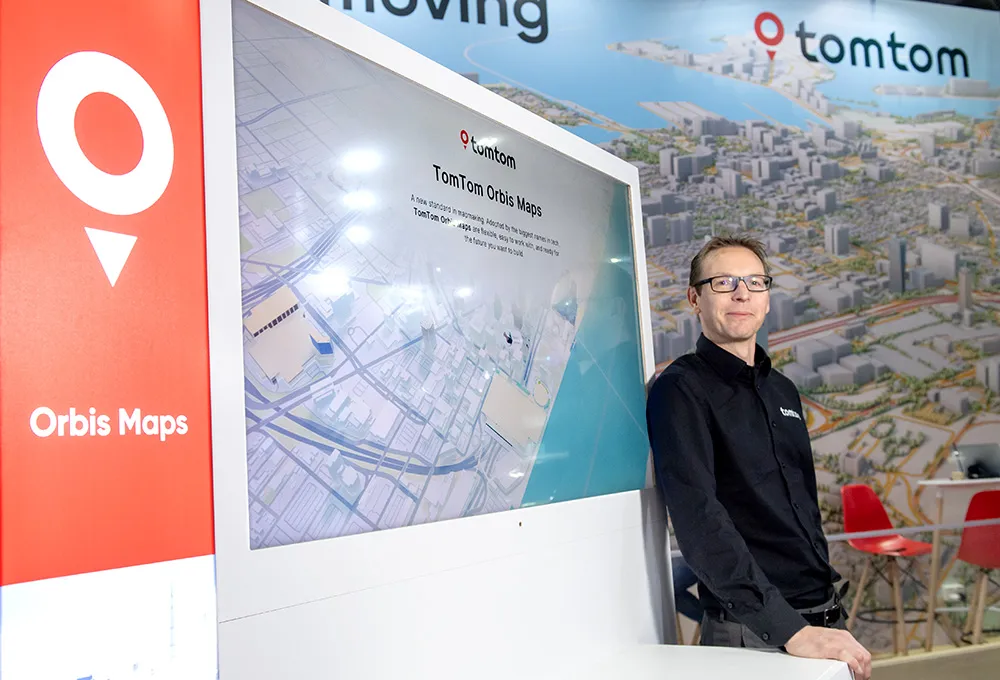Drivers in Turkey are to get real time traffic information, now that
TomTom’s real-time traffic creates a clear picture of traffic conditions as they evolve, keeping drivers in control of their journeys, with the most accurate, largest coverage area and the highest update frequency of real-time traffic information.
The latest TomTom Traffic Index ranks Istanbul second in the world for overall traffic congestion levels, with 62 per cent of road networks in the city facing higher congestion levels during peak travel times. These congestion levels are unlikely to improve, as car sales are growing rapidly in the country. According to the Automotive Distributors' Association (ODD), passenger car sales in 2013 rose 19 per cent from the previous year.
“As we expand our global footprint we continue to focus on creating easy-to-use solutions to ease the global traffic congestion problem,” said Ralf-Peter Schaefer, head of Traffic at TomTom. “We know that traditional responses to tackling congestion such as building new roads, or widening existing ones, are no longer proving to be effective. However, by empowering drivers, businesses, and governments with real-time traffic information we can help ease levels of congestion in Turkey and around the world.”
Turkey gets real-time traffic information
Drivers in Turkey are to get real time traffic information, now that TomTom has launched its real-time traffic service in the country.
TomTom’s real-time traffic creates a clear picture of traffic conditions as they evolve, keeping drivers in control of their journeys, with the most accurate, largest coverage area and the highest update frequency of real-time traffic information.
The latest TomTom Traffic Index ranks Istanbul second in the world for overall traffic congestion levels, with 62 per cen
July 23, 2014
Read time: 2 mins









